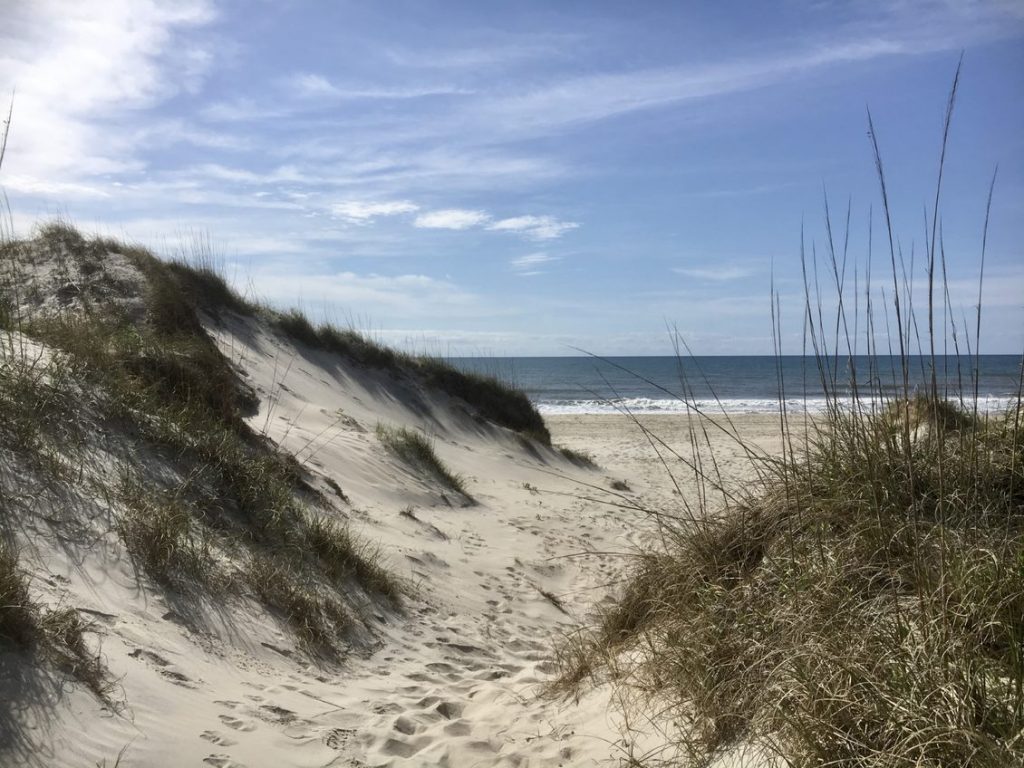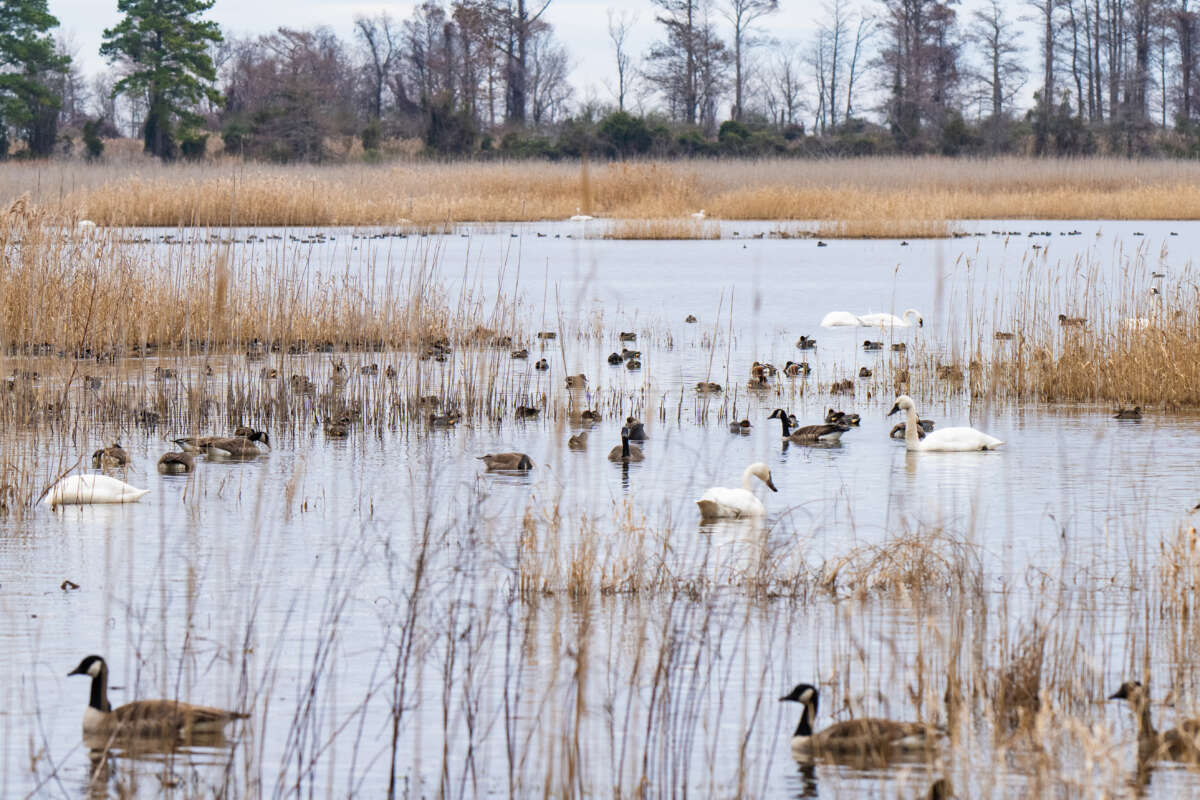
The two Carolina governors are urging the Trump administration to maintain the moratorium on offshore drilling the president set during his first term, citing possible disruptions to the coastal economy from a disaster without the existing protection.
Trump issued in September 2020 memoranda preventing leases for oil and gas drilling off the coast of North Carolina and South Carolina until June 30, 2032.
Supporter Spotlight
The Bureau of Ocean Energy Management announced plans in April to begin the process of developing a new schedule for offshore oil and gas lease sales for the outer continental shelf. Called the “11th National Outer Continental Shelf Program,” the public comment period opened April 29. The 45-day comment period closes Monday, June 16.
In the letter to BOEM dated June 16, Gov. Josh Stein and South Carolina Gov. Henry McMaster urge removing North Carolina and South Carolina’s outer continental shelf from consideration for the program.
“Because of the significant risks associated with offshore oil and gas exploration, development and production off the Carolina coasts, every North Carolina and South Carolina coastal municipality has passed a resolution opposing offshore drilling and seismic testing,” the governors wrote. “This position has been reaffirmed by other municipalities and counties, as well as state legislators and members of our Congressional delegations from both parties. We ask you to respect the wishes of our states and our coastal communities and reaffirm President Trump’s decision to protect our coastlines and the industries they support.”
North Carolina and South Carolina have a combined 513 miles of ocean beaches and 6,251 miles of coastline that are home to more than 2.7 million people and include numerous national wildlife refuges. The coastal economy for the two states in 2021 contributed $9.6 billion to the gross domestic product, supported more than 125,000 jobs, and provided $3.8 billion in wages, led by tourism and recreation, shipbuilding, fishing, and marine transportation industries.
“These industries would be highly vulnerable to disruption from offshore drilling,” according to the governors’ offices.







